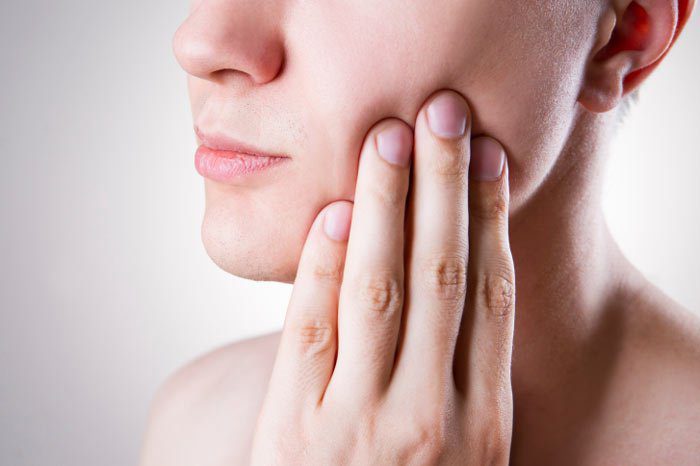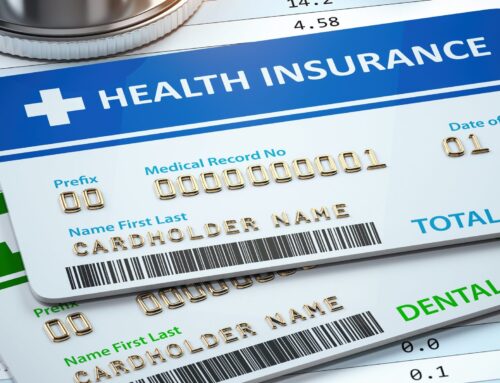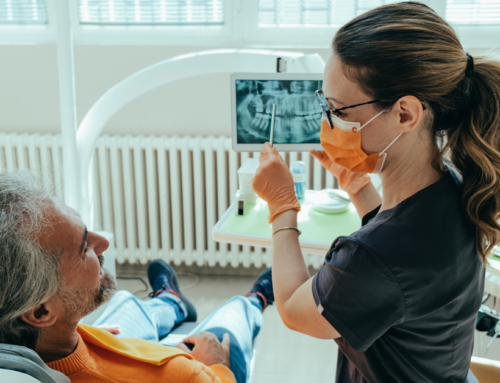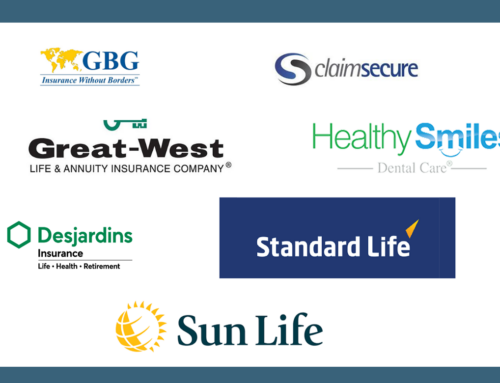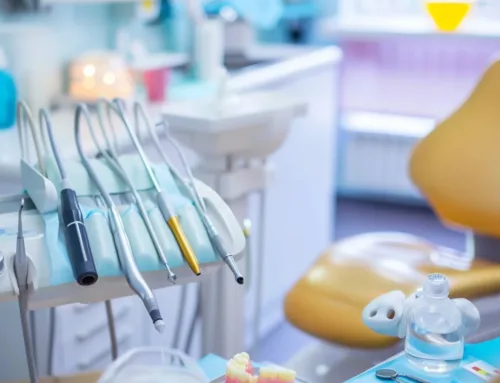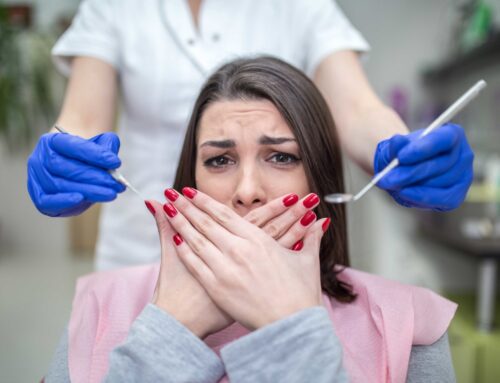What is Bruxism? Treating Tooth Grinding & Jaw Clenching Have you ever wondered why you wake up with a headache, even after a nice, long period of uninterrupted sleep? Or maybe why you have an unexplained soreness or pain in the jaw or your cheek muscles that just keeps coming back? It’s possible that you’re experiencing a very common condition known as bruxism, which affects millions of Canadians every year and yet may people have no idea what it actually is. In this article, you will learn what bruxism is, how it causes pain and discomfort in so many people, and how you can get treatment for it. You’ll learn how to identify the common symptoms and what questions to ask your dental professional if you feel that you may be suffering from this condition. Let’s get started by taking a look at what bruxism is, and what the different types are. What is Bruxism? Quite simply, bruxism is frequent and recurring tooth grinding and jaw clenching that occurs on a subconscious level, most often during sleep. This is the main reason that many people are unable to explain the effects or symptoms that they are experiencing, since there is no apparent cause that they are consciously aware of. Bruxism is often misdiagnosed or misunderstood because of this, and many patients suffer needlessly as a result. It is not unusual for bruxism to be confused for symptoms of stress or poor sleep habits, which can be easily mistaken since it may not occur consistently every night, preventing an accurate tracking and monitoring of the symptoms and effects. Types of Bruxism There are two main types of bruxism. The first is known as sleep bruxism. This is the most common type, and potentially affects up to 30% of the general population at some point in their lives. Exact numbers are difficult to determine since it is often mistaken for other conditions and not properly diagnosed. The other type of bruxism is known as awake bruxism, which is less common but still quite prevalent. This type occurs while the person is awake and can often be triggered by physical or emotional stimuli. Symptoms of Bruxism The symptoms of bruxism are numerous and are shared with many other types of conditions that can make the condition difficult to correctly diagnose. In addition, since the symptoms are common with other conditions, it is often ignored or discounted if the symptoms are not very frequent or mild in severity. The most common symptoms of bruxism are:
- Headaches, particularly in the morning after waking
- Soreness in the facial muscles, jaw, cheeks, and neck
- Grinding of teeth, which may be loud enough to hear
- Clenching of teeth or tightening of jaw muscles
- Sensitive teeth or pain in individual teeth
- Frequent waking or disrupted sleep
- Dull pain in the areas of the temples or ears
- Wearing down of tooth enamel
- Flattened or chipped teeth
- Loosening of teeth
These symptoms, particularly tooth pain, jaw pain, headache, and wearing of tooth enamel will gradually increase in severity and frequency if not treated. In the event that you experience one or more of these symptoms, it’s best to speak with your dentist at your earliest opportunity so that they may determine the root cause and address it with proper treatment. Causes of Bruxism While many of the symptoms of bruxism can be traced back to physical or psychological factors, there is no one single or definitive reason for the condition. Often it is a combination of responses to various stimuli that can be either physical in nature or emotional. In the case of sleep bruxism, it can be due to many factors including a build-up of stress that manifests itself as tension in the facial and jaw muscles, resulting in clenching and grinding of the teeth. It can also occur as a result of certain dreams that influence a physical response while we sleep. Other instances of bruxism show links to genetic traits passed down through the generations, meaning that if your parents experienced it there is an increased chance that you will as well. Awake bruxism is often due to emotional factors in our day to day lives that accumulate their effects and can manifest themselves as many different types of physical responses, of which grinding or clenching of teeth are just two of the ways that may be experienced. Research has shown links between awake bruxism and factors such as stress, anger, frustration, and generalized anxiety. In addition, clenching and grinding of teeth can also be a side effect of certain types of medications that are used to treat conditions such as anxiety and depression. Treatment Options for Bruxism Fortunately for people who suffer from bruxism, there are many options available for treatment that can get your quality of life back to normal and minimize any long term affects that are associated with frequent tooth grinding or jaw clenching. For starters, your dentist will conduct a thorough examination and review of your dental history to identify any physical or biological reasons for the condition. They will also have an in-depth discussion with you on various lifestyle aspects that are commonly known to be linked to bruxism, such as stress and anxiety levels related to a hectic workplace or other considerations. Once you’ve been evaluated and potential reasons for bruxism have been identified, you can then progress down a path of different treatment options to address the underlying causes and prevent any harmful effects. You may be guided to stress management or anxiety management techniques to help relieve the tension and emotional factors that may be contributing to your bruxism. In the event that the bruxism is the result of a physical condition related to your dental health or the shape and position of your jaw and teeth, it’s possible that a special night time mouthguard will be provided to you. These mouthguards help cushion the teeth to relieve the pressure from clenching, as well as eliminate the possibility for teeth to grind against each other. Night mouthguards are low-profile and comfortable to wear, so as to not disturb the sleep patterns of the wearer. If lifestyle changes and dental appliances like mouthguards are not sufficient to relieve the condition, a medication may be recommended to help aid in the treatment of your bruxism. These are often in the form of pain relievers, muscle relaxants, anxiety or stress medication. Another type of treatment that has shown results for patients with bruxism is the injection of Botox. These treatments have been shown to have positive affects for patients with bruxism who have generally not responded to other methods of addressing the condition. What Should I Do If I Think I Have Bruxism? If you believe that you or someone you love may be suffering from the effects of bruxism, either during sleep or while awake, the first step is to schedule a consultation with your dentist and have an examination performed. Once the various symptoms are identified, your dentist will be able to help guide you to a course of treatment that works for you. To get started down the path to treating bruxism, contact the team here at Georgian Dental® today. Our experts will help you relieve the pain and discomfort associated with bruxism and get back the quality of life you deserve.
Appointment Request
If you’re interested in any of our procedures, and would like to meet with one of our dentists to discuss options, costs and get additional information, complete this short form and we’ll give you a call to arrange for a no-obligation appointment at our Barrie clinic.
